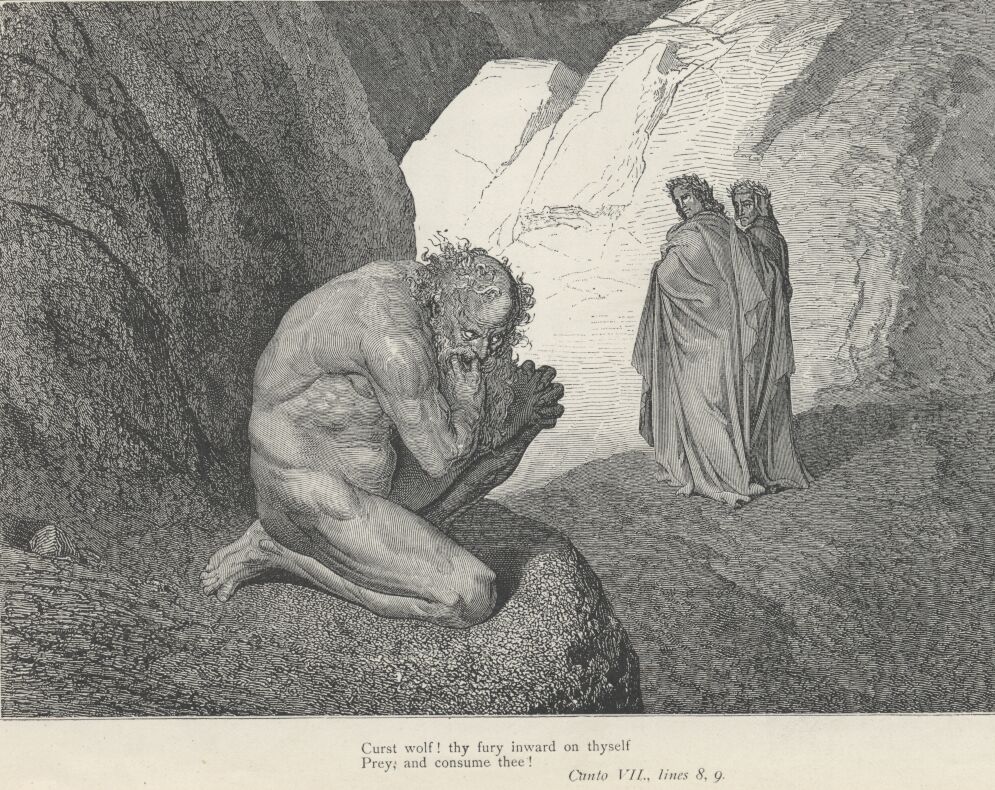

The Contracting Parties confirm that genocide, whether committed in time of peace or in time of war, is a crime under international law which they undertake to prevent and punish. (It did not offer protection for political groups, for example, as he had recommended.) The convention states, in part: On December 9, 1948, the United Nations adopted the Convention on the Prevention and Punishment of the Crime of Genocide, often called the Genocide Convention, which classified genocide as a crime under international law and incorporated many, though not all, of Lemkin’s ideas. Lemkin successfully persuaded the UN to act. Therefore, after the trials, Lemkin devoted himself to persuading the newly formed United Nations to “enter into an international treaty which would formulate genocide as an international crime, providing for its prevention and punishment in time of peace and war.” 5 Lemkin wrote, “In brief, the Allies decided a case in Nuremberg against a past Hitler-but refused to envisage future Hitlers.” 4 Genocide still was not recognized in law as a crime. Lemkin considered the Nuremberg trials only a partial success, for while they did punish some of those who were guilty of genocide against European Jews, Nazi leaders were indicted on the broader charge of “crimes against humanity” and the Jewish identity of victims was not emphasized.
#Jewish strophes defined trial
Jackson, the lead prosecutor at the Nuremberg trials (see reading, The First Trial at Nuremberg in Chapter 10). When World War II ended, Lemkin returned to Europe and served as an advisor to Justice Robert H. 3Raphael Lemkin, Axis Rule in Occupied Europe: Laws of Occupation, Analysis of Government, Proposals for Redress, 2nd ed.2Winston Churchill, Never Give In! The Best of Winston Churchill’s Speeches (New York: Hyperion, 2003), 300.

1Raphael Lemkin, “Genocide,” American Scholar 15, no.For Lemkin, genocide was an international crime-a threat to international peace and to humanity’s shared beliefs. This was an important element of the definition of genocide: people were killed or excluded not because of anything they did or said or thought but simply because they were members of a particular group. Lemkin defined genocide as “the destruction of a nation or an ethnic group.” He built the word, he said, “from the ancient Greek word genos (race, tribe) and the Latin cide (killing), thus corresponding in its formation to such words as tyrannicide, homicide, infanticide, etc.” He wrote, “Genocide is directed against the national group as an entity, and the actions involved are directed against individuals, not in their individual capacity, but as members of the national group.” 3 In 1944, Lemkin made up a new word to describe these crimes: genocide. Lemkin himself had fled to the United States, where he struggled to draw attention to what Nazi Germany was doing to European Jews-massacres that British Prime Minister Winston Churchill called “a crime without a name.” 2 Lemkin asked, “Why was killing a million people a less serious crime than killing a single individual?” 1įorty-nine members of Lemkin’s own family were later murdered in the Holocaust. He was horrified to find out that no international laws existed to prosecute the Ottoman leaders who had perpetrated these crimes. Lemkin was a university student in the 1920s when he learned about the coordinated massacres of Armenians during World War I (see reading, Genocide under the Cover of War in Chapter 3).


 0 kommentar(er)
0 kommentar(er)
